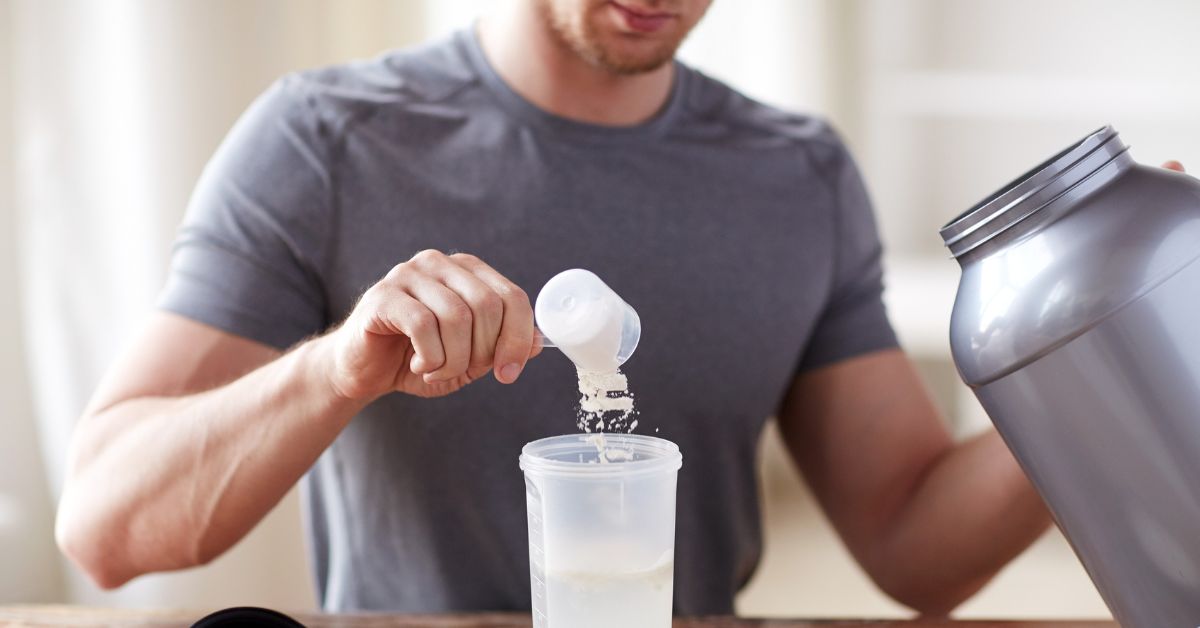Summer is officially here, bringing with it cookouts, pool days, bike rides and layer after layer of sunscreen. While applying sunscreen that blocks UVA and UVB rays should be part of your daily routine and done year-round, the summer sun is a constant reminder that you need to protect your skin. However, when digging out a bottle of sunscreen from last year, you may wonder, does sunscreen expire?
Your skin is your body’s largest organ and has a significant impact on your overall health. As you pack sunscreen in your bag to head to the pool or reach in your cabinet before yard work, it can be difficult remembering when you bought it. Well, we asked Krystal Russell, CNP, in our Lorain market and she has your answers.
Does sunscreen expire?
Before you catch too many rays, it’s essential that you protect your skin from potential sunburns and sun damage. Sunscreen is a great tool to help do just that.
The Food and Drug Administration (FDA) requires that sunscreen remain at its original strength for three years. That means the bottle of SPF 30 you bought last summer should still protect you at that same strength this season and, possibly, next.
If you can’t remember when you purchased it, bottles of sunscreen often have expiration dates listed on the label to let you know when it’s time to grab a new one. Always check the expiration date before you use it to ensure it’s still effective.
In addition to expiration dates, sunscreen often has codes printed on the label that you can use to track its manufacturing information, including the date, batch and place it was packaged.
If you’re heading to the store to get new sunscreen, be sure to check for this information before you head to the checkout line to make sure it hasn’t been on the shelf for too long.
How do you know if sunscreen is expired?
Can’t find the expiration or manufacturing dates on your sunscreen? There are several signs that indicate the bottle is past its prime.
If your sunscreen has a change in its appearance, it likely is time to go shopping. Changes to smell, color and consistency are all signs sunscreen has expired. It’s important to watch for these changes even with new bottles of sun block to ensure it’s protecting your skin. If you see these characteristics in a new bottle, it’s possible it reached its shelf life while in the store.
Does sunscreen expire if never opened?
Sunscreen can still expire even if it’s never been opened. Its shelf life is still three years whether it’s been opened or not. It can also deteriorate more rapidly if it’s been exposed to heat, moisture or sunlight.
What happens if I use expired sunscreen?
Expired sunscreen is no longer effective in protecting your skin, leaving you at risk for sun burns, sun damage and even skin cancer. For some, expired sunscreen may even cause skin irritation.
It is best once your sunscreen is past its expiration date that you throw it away and get a fresh bottle.
How long does sunscreen last after the expiration date?
It doesn’t. If your sunscreen has expired, its SPF effectiveness has likely diminished, and it is now equivalent to a moisturizer with little or no sun protection.
How should I store my sunscreen to ensure it remains effective?
Storing your sunscreen in the right environment is key to preserving its effectiveness. You should keep your sunscreen in a cool place and keep it out of direct sunlight, even when you’re out and about. If you’re at the pool or the beach, you can wrap it in a towel and keep it in your bag.
Does one type of sunscreen have a longer shelf life?
There are two types of sunscreens – chemical sunscreen and mineral sunscreen – and both must maintain the FDA’s three-year strength requirement.
Using sunscreen properly
Whether you prefer a topical cream, lotion or spray, the important thing is that you are using a broad-spectrum sunscreen that has an SPF of 30 or higher to protect your skin from harmful UVA and UVB rays. You should apply your sunscreen 15 minutes before going outside and reapply it at least every two hours or after getting wet.
Sunscreen should be applied liberally and evenly to cover your entire body, including those easily forgotten areas like your ears, lips, back of your neck and scalp. If you’re not sure you’re using enough, a good rule of thumb is to use at least an ounce – or a shot glass full – every time you apply your sunscreen.
In addition to sunscreen, clothes, hats, umbrellas and natural shade are also effective tools you can use to protect your skin from the sun’s rays. While all have their individual benefits, they are far more powerful in protecting your skin from damage when they are used collectively.
Learn more about the dermatology and skin care services we offer at Mercy Health.






